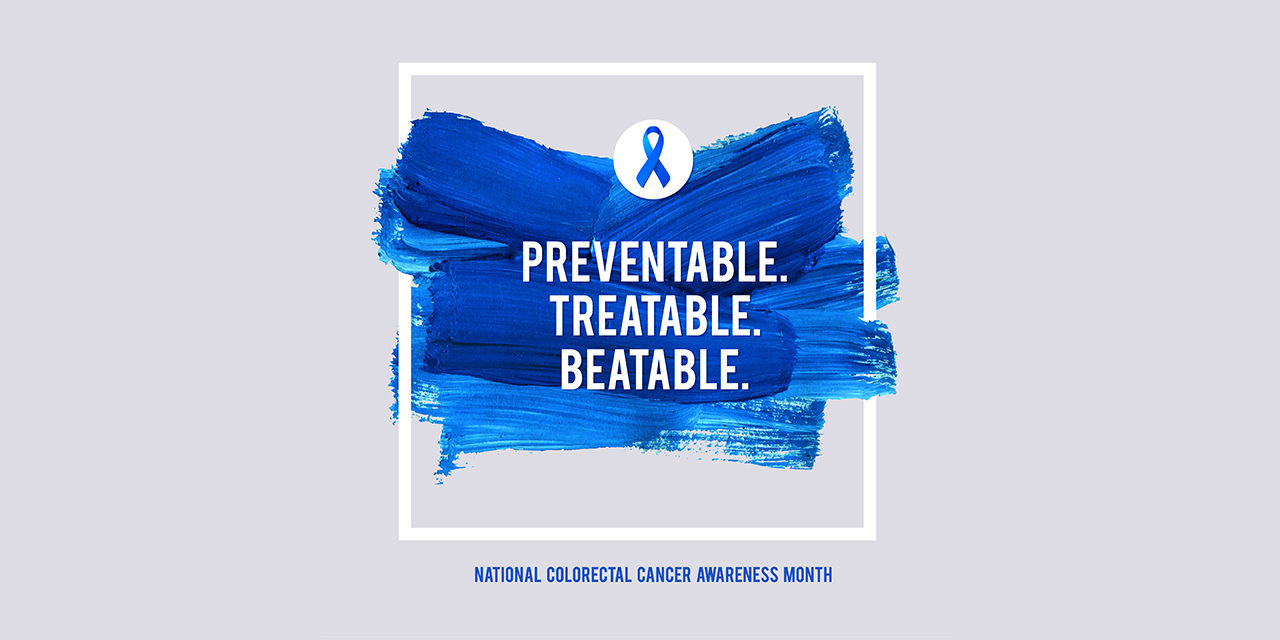Compared to other cancer types, colorectal cancer is quite preventable. So why is it ranked the second leading cause of cancer death in men and women combined? The answer is simple, really. People put off getting their colonoscopy, the most effective screening method for colon cancer. Or, they write it off altogether.
There are a number of reasons people try to avoid a colonoscopy. One is that the prep process seems inconvenient and unpleasant. Another is that undergoing general anesthesia usually requires patients to take time off work and get a ride to the test site.
Without the early detection and prevention measures that screenings provide, colon cancer may advance. Luckily, there’s a new [FDA-approved] product on the market: the at-home screening for colon cancer. Marketed as a more comfortable alternative to the traditional colonoscopy, these are kits with instructions on how to take a stool sample that are mailed to your home.
What’s More Effective? The At-home Test vs. a Traditional Colonoscopy
A traditional colonoscopy still stands as the gold standard in early detection of colon cancer. During a colonoscopy, colorectal surgeons can be as thorough as possible, because they examine the colon for cancerous growths themselves.
At-home colon cancer screenings, on the other hand, rely on the science of stool DNA. As your stool passes through the colon, it picks up cells – these could be cancerous or normal. DNA tests run on your sample may detect low levels of hemoglobin, which can signal abnormal growths or colorectal cancer.
Medical research shows that home tests tend to present false positives, meaning colon cancer is suspected when it’s not actually there. In that case, a patient would likely have to undergo a traditional colonoscopy, only to find out that they are in the clear.
If you’re not sure which option would be best for you, discuss this with your primary care doctor.
Find a Doctor Near You
Call (716) 706-2112
Find a Doctor Near You
Call (716) 706-2112





